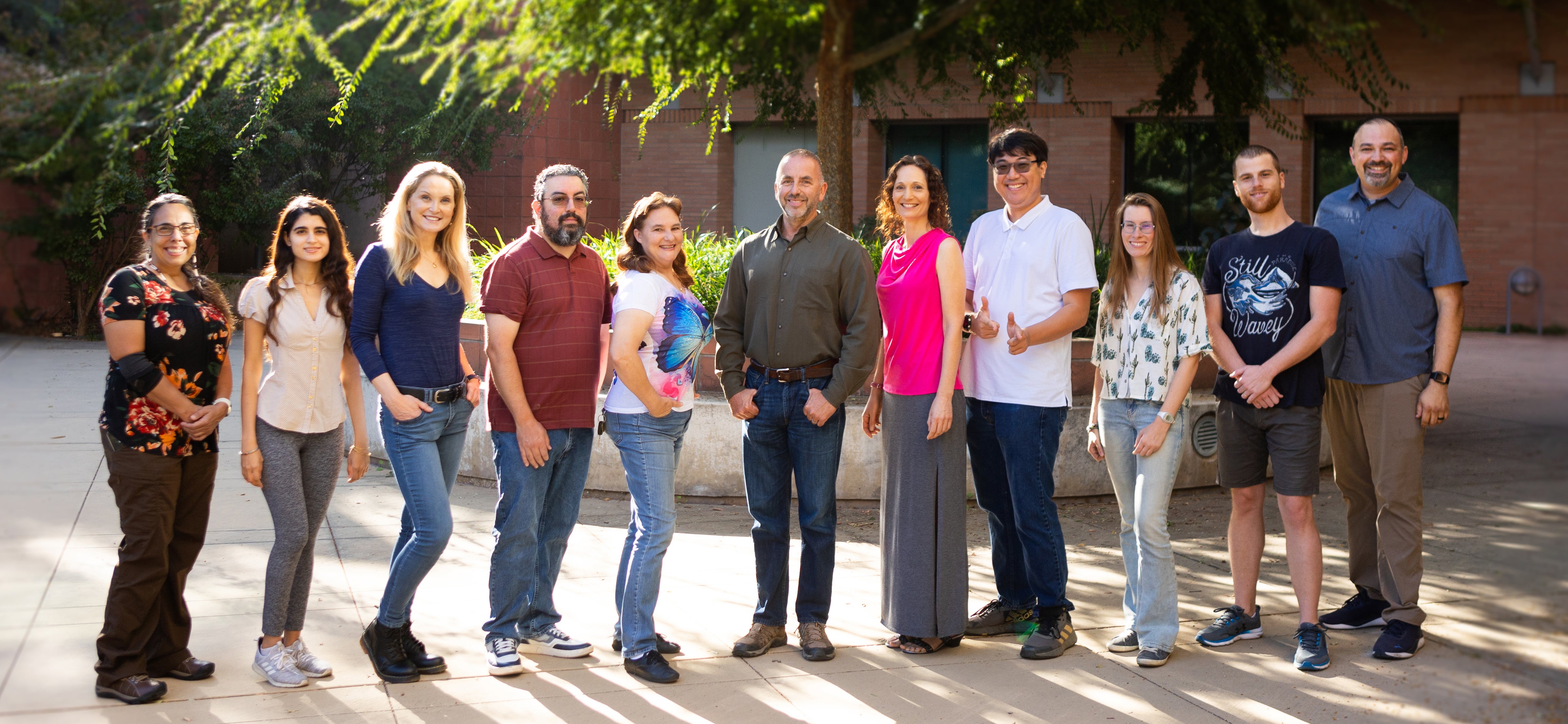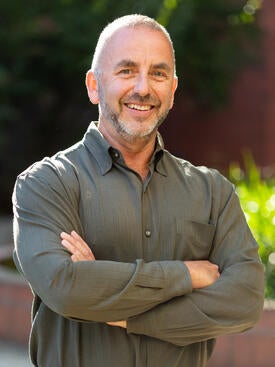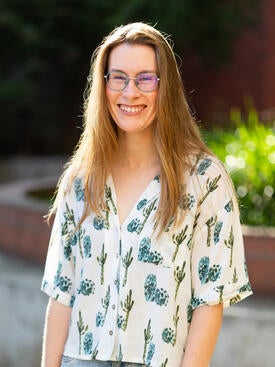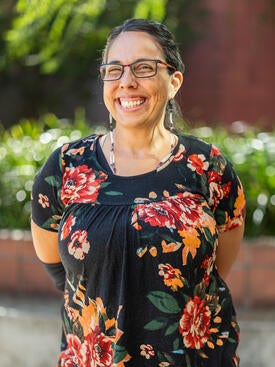What is Biological control?
Biological control is the intentional use of host specific natural enemies (predators, parasitoids, and pathogens) by humans to suppress population growth of noxious plants and animals to levels which are no longer damaging. Many of our current agricultural pest problems are amenable to biological control, and when successful, natural enemies provide enduring, environmentally benign, pest control. Biological control is also being used in conservation efforts to restore natural areas invaded by exotic organisms, especially weeds. The emphasis of my work is to identify pest problems where biological control could be successful, locate and release natural enemies, and then evaluate natural enemy impact on pest population growth.









